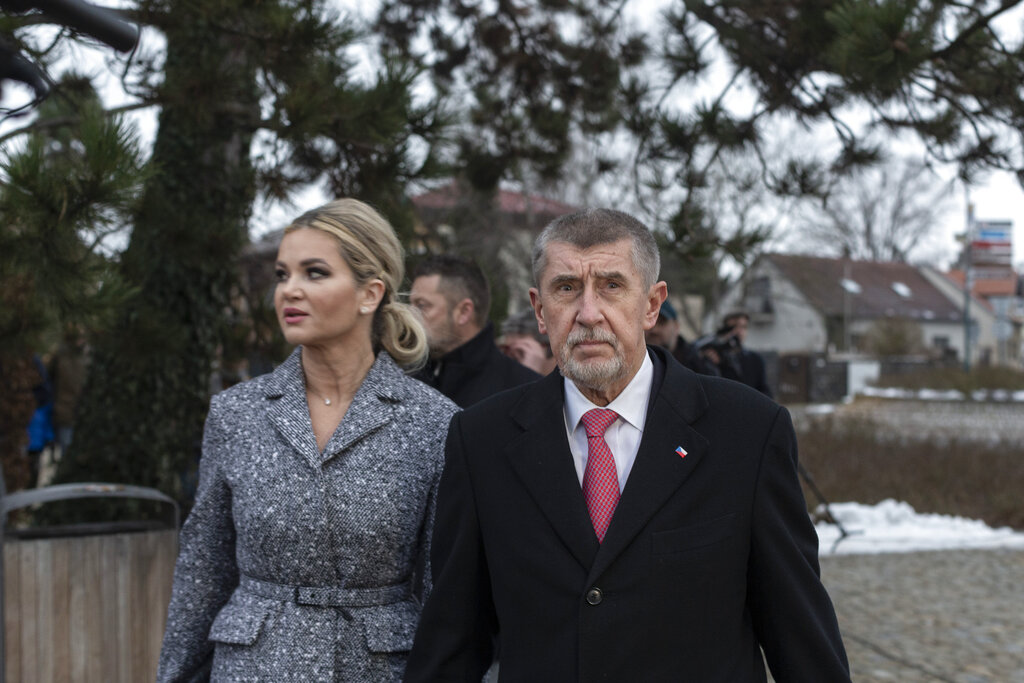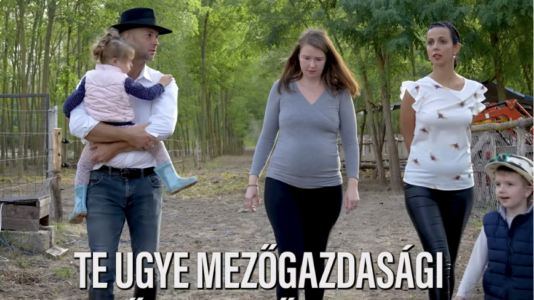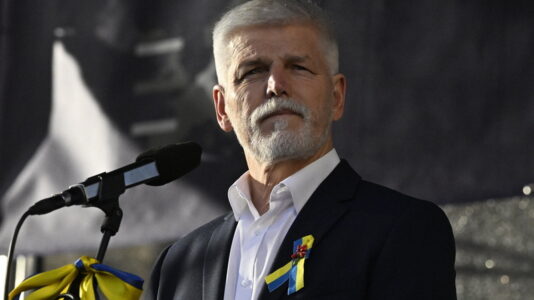Andrej Babiš, leader of the ANO movement, has expressed delight over his party’s strong showing in the recent elections, describing the results as “great” and “incredible.”
Despite initial uncertainty, ANO secured a significant number of votes, surpassing their performance in previous regional elections. However, Babiš is already shifting focus to what he considers the most important electoral battle yet — next year’s national elections.
“We didn’t expect this result at all, nor did the surveys indicate it,” Babiš remarked in a post-election interview with Echo 24. ANO won 240,000 more votes compared to the last regional elections, but Babiš remains cautious, pointing out that voter turnout overall was down by 400,000 compared to previous years.
He acknowledged that while the recent victory was significant, the party needs to sustain momentum leading up to next year’s national elections.
“These will be the crucial elections for us,” Babiš stressed, “because only in the government can you really change something. Now, I pray we don’t get complacent and assume we’re certain of success.”
One key factor behind ANO’s recent gains has been the party’s efforts to engage voters more directly, particularly in traditionally challenging regions like Prague and Central Bohemia. Babiš credits Karel Havlíček, ANO’s shadow prime minister, for running an extensive ground campaign, which he says helped energize the base. “Karel worked hard even in places where we normally lose,” Babiš said, adding that the party is likely to replicate this strategy in the next election cycle.
Reflecting on ANO’s surprise success in the European elections, Babiš acknowledged that the party wasn’t always confident about its prospects. “One is subject to propaganda,” he admitted, noting how the constant declarations from political opponents about ANO’s waning momentum created doubts within the party. “When [ODS politician] Mr. Vondra says, ‘We’re catching up, we only need 35,000 more votes,’ of course it sows doubts.”
As for the internal dynamics within ANO, Babiš addressed speculation regarding the roles of key figures like Karel Havlíček. Contrary to rumors that Havlíček had been sidelined after the European elections, Babiš emphasized the division of responsibilities within the party. “Karel appeals to right-wing voters as shadow prime minister, Alena [Schillerová] works hard in the Chamber of Deputies, and I prefer to be in the field, among the people.”
Despite being one of the most high-profile political figures in the country, Babiš insists he remains attuned to public sentiment. “When people don’t want me or when I’m no longer useful to the movement, they’ll let me know. I’m not stupid,” he said. For Babiš, his connection with voters is personal, sharing a recent example where one of his supporters gifted a friend the chance to have dinner with him as a birthday present. “I like making people happy,” he said.
Looking ahead, Babiš reaffirmed his commitment to leading ANO in next year’s elections. While there is no official candidate for prime minister, he will once again stand as the party’s lead candidate in the Ústí Region, with Havlíček expected to represent Central Bohemia.
“We’ll see each other after the elections,” Babiš concluded, hinting at further political maneuvers depending on the outcome of what promises to be a pivotal election for both him and his party.






